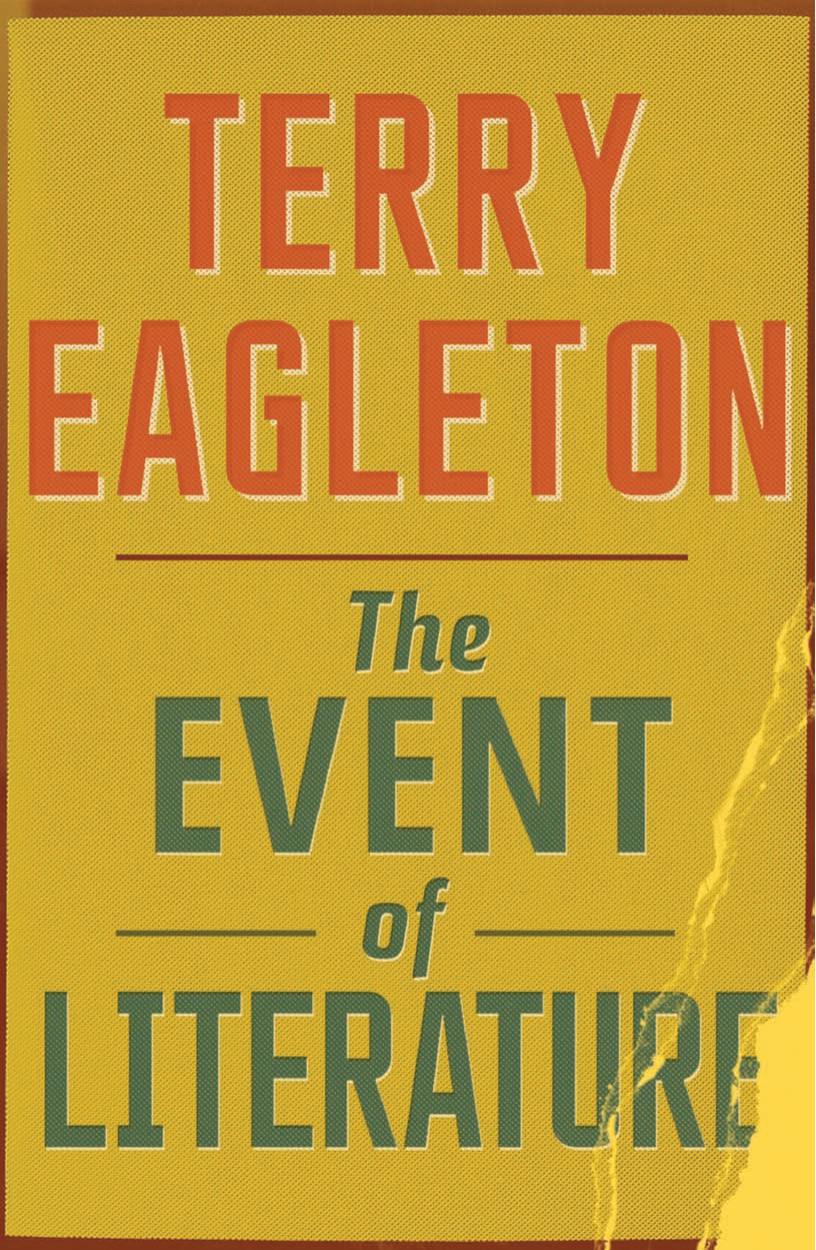The Event of Literature by Terry Eagleton

Author:Terry Eagleton [Eagleton, Terry]
Language: eng
Format: azw3, epub, pdf
ISBN: 9780300178814
Publisher: Yale University Press
Published: 2012-05-28T16:00:00+00:00
Fiction, then, like performatives as a whole, is an event inseparable from its act of utterance. It has no support from outside itself, in the sense that what it asserts cannot be checked off in any important way against some independent testimony. In this sense, it is more like swearing than reporting an armed robbery. Fiction manufactures the very objects to which it appears to refer. It covertly fashions what it purports to describe. It looks like a report, but is actually a piece of rhetoric. In Austinian jargon, it is a performative masquerading as a constative. As the German critic Karlheinz Stierle illuminatingly puts it, it is the auto-referential in referential form.89 Its referent – a murder mystery, a political crisis, an adulterous affair – is purely internal, existing only in its own account of it. As Lamarque and Olsen put it, ‘Fictive states of affairs owe their identity to their mode of presentation’.90 Fictional narratives project an apparent outside to themselves out of their own internal activities. Yet it is exactly this autonomous or self-referential quality that lends fiction its peculiar force. If it is ‘creative’, it is because it is by nature less constrained by the pressures of the real than a paper on the thyroid gland, and this applies just as much to spectacularly bad fiction as it does to the superbly good. ‘Creative’ here is thus more a descriptive than a normative term.
In this sense, all fiction is fundamentally about itself. Yet because it draws the materials for this self-fashioning from the world around it, the paradox of fiction is that it refers to reality in the act of referring to itself. Like Wittgenstein's forms of life, fictions are self-founding; but this is not to deny that they incorporate aspects of the world around them into their self-making, just as forms of life do. They could not be self-fashioning otherwise. Fredric Jameson remarks in The Prison-House of Language that for the Formalists and structuralists the literary work ‘speaks only of its own coming into being, of its own construction’,91 but Terence Hawkes rightly adds that ‘a work of fiction can only speak of its own coming into being against a background of speaking of something else’.92
There is a similar ambiguity at work in linguistic performatives like ‘I swear’ or ‘I promise’. In one sense, these are purely self-referential phrases – autonomous verbal acts which do not denote a referent. In such a context, to adopt a phrase from Emile Benveniste, ‘the word swears on itself, it itself becomes the fundamental fact’.93 Yet such performative acts, as I have suggested already, can also be powerful interventions in the world, accomplishing momentous changes and producing tangible effects. It is through their peculiar force that fortunes are made, lifelong marriages contracted and pledges to serve the Führer sealed. By relating to themselves rather than reporting a state of affairs, performatives establish a productive relation to reality. And in this they have something of the paradoxical structure of fiction.
Pierre
Download
The Event of Literature by Terry Eagleton.epub
The Event of Literature by Terry Eagleton.pdf
This site does not store any files on its server. We only index and link to content provided by other sites. Please contact the content providers to delete copyright contents if any and email us, we'll remove relevant links or contents immediately.
Sisters by Daisy Johnson(1363)
The Lamplighters by Emma Stonex(1354)
The Burying Place (The DI Rachel Morrison series Book 1) by Vicky Jones & Claire Hackney(1304)
Expect a Miracle by Danielle Steel(1223)
Remember by Lisa Genova(1206)
The Secret of You and Me by Melissa Lenhardt(1192)
The End of Men by Christina Sweeney-Baird(1156)
The Castaways by Lucy Clarke(1074)
The Personal Librarian by Marie Benedict & Victoria Christopher Murray(910)
Seven Kinds of People You Find in Bookshops by Shaun Bythell(900)
The Liar's Dictionary by Eley Williams(896)
Everything After by Jill Santopolo(853)
The Marriage Moment by Katie Meyer(849)
The Mystery of Mrs. Christie by Marie Benedict(846)
The Handmaidâs Tale by Margaret Atwood(830)
A Family Affair by Lance Edwards(828)
The Russia House by John Le Carré(816)
The Boy in the Field by Margot Livesey(780)
ANTONIO TABUCCHI by Sostiene Pereira (Ita Libro)(778)
